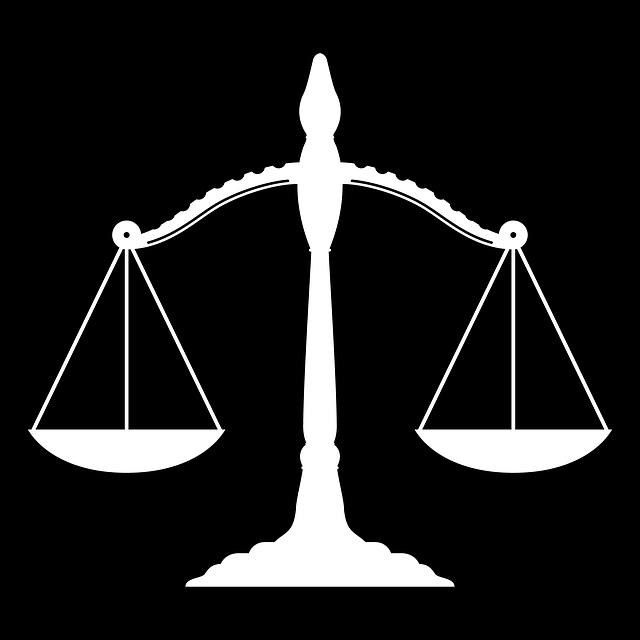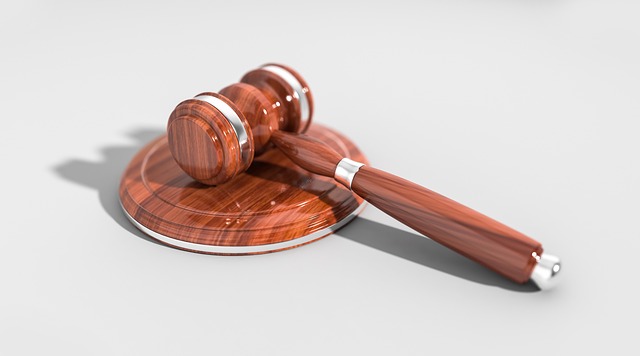Regulatory Fraud Laws act as a robust shield against deceptive business practices, ensuring consumer and investor protection through clear guidelines, severe penalties, and effective enforcement by consumer protection agencies. High-profile court cases involving property ownership disputes highlight their role in addressing white-collar crimes like fraudulent conveyances, with legal experts scrutinizing interpretations to maintain transparency and integrity in real estate transactions. Mitigating risks through proactive measures such as transparency, due diligence, audits, and compliance programs is crucial for deterring fraud and protecting organizations from scrutiny, while staying informed about relevant court cases helps businesses adapt practices and build stakeholder trust.
Regulatory fraud laws are essential tools in combating deceptive practices that distort markets and undermine public trust. This article delves into the intricate world of these laws, focusing on their definition, key components, and real-world applications through court cases involving property ownership disputes. We explore how businesses and individuals can prevent fraudulent activities, highlighting the legal implications and best practices to navigate this complex landscape. Key terms like ‘court cases involving property ownership issues’ are interwoven to optimize search engine visibility.
- Understanding Regulatory Fraud Laws: Definition and Key Components
- Court Cases in Focus: Property Ownership Disputes and Fraud
- Preventive Measures and Implications for Businesses and Individuals
Understanding Regulatory Fraud Laws: Definition and Key Components

Regulatory Fraud Laws are designed to protect consumers and investors from deceptive practices by businesses and individuals. These laws cover a wide range of activities, including false representations about product quality, safety, or price; misleading advertising; and hiding material information that could impact a consumer’s decision. In the context of court cases involving property ownership issues, these laws have proven instrumental in upholding justice. For instance, instances of fraudulent conveyance, where owners transfer assets to evade debts or legal claims, are addressed under these regulations.
The key components of Regulatory Fraud Laws include clear definitions of deceptive acts, stringent penalties for offenders, and robust mechanisms for consumer protection agencies to investigate and enforce these laws. An unprecedented track record across the country shows that these laws not only deter fraud but also provide a level playing field for honest businesses operating within regulatory frameworks. This ensures consumers can make informed decisions without falling victim to fraudulent schemes, whether in property transactions or other financial dealings.
Court Cases in Focus: Property Ownership Disputes and Fraud

In recent years, court cases involving property ownership disputes have come to the forefront, shedding light on the intricate web of regulatory fraud laws. These high-stakes cases often pit individuals or entities against one another in battles over land, buildings, or other assets, where fraud and deception can play a significant role. Jurists and legal experts closely examine these scenarios to interpret and enforce laws designed to combat fraudulent activities.
Many white collar and economic crimes make their way into the legal system through property ownership disputes. Fraudulent conveyances, for instance, are a common occurrence, where individuals attempt to transfer assets in a manner that evades creditors or hinders legal proceedings. Such cases often involve complex financial schemes and require meticulous investigation. Across the country, these court cases involving property ownership issues have led to pivotal decisions shaping the interpretation of fraud laws, emphasizing the need for transparency and integrity in real estate transactions.
Preventive Measures and Implications for Businesses and Individuals

Preventive measures are key to mitigating risks associated with regulatory fraud laws, especially in high-stakes cases involving complex business transactions. For corporate and individual clients alike, transparency and due diligence serve as robust defensive strategies. Regular audits, comprehensive compliance programs, and open communication channels within organizations can deter potential white-collar and economic crimes. By fostering a culture of ethical conduct and meticulous record-keeping, businesses can significantly reduce their exposure to regulatory scrutiny.
Moreover, staying abreast of relevant court cases involving property ownership issues is imperative. Such cases often set precedents that shape the legal landscape for future disputes. Understanding these rulings allows both businesses and individuals to adapt their practices, ensuring compliance with evolving regulations. This proactive approach not only protects against penalties but also enhances the reputation of entities involved in high-profile transactions, fostering trust among stakeholders.
Regulatory fraud laws play a crucial role in protecting individuals and businesses from deceptive practices, particularly in court cases involving property ownership issues. By understanding the definition and key components of these laws, as well as learning from real-world examples, both entities can take proactive measures to prevent fraud. This ensures fairness and maintains integrity within legal disputes related to property ownership, fostering a more robust and trustworthy business environment.






